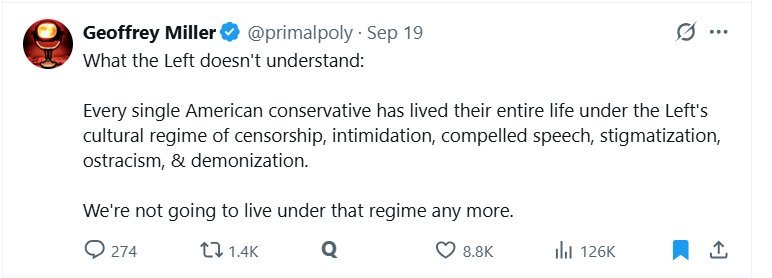The evolution of content moderation from safety mechanism to ideological enforcer reveals how American cultural frameworks, amplified by Big Tech, imposed a 'planetary vulgate' on global discourse. This analysis traces how compliance logic reframed dissent as 'toxicity,' turning platforms into battlegrounds for cultural sovereignty. The resulting backlash signals a crisis in digital public square governance with profound real-world consequences.

In 1997, diplomat David Rothkopf championed American cultural imperialism as the necessary foundation for a 'Global Information Infrastructure,' arguing that U.S. standards—from language to values—should underpin civilization's progress. This vision materialized with alarming efficiency through social media platforms, which Pierre Bourdieu presciently warned would weaponize language as 'symbolic violence.' The result? A 'planetary vulgate'—a homogenized lexicon of American progressive concepts like 'marginalized voices,' 'structural inequities,' and 'ethic of care'—that overwrote local frameworks for understanding social reality.
The Rise of the Moderation Machine
Twitter's Trust and Safety teams epitomized this shift, framing platform governance as safeguarding a 'global conversation.' By the 2010s, their mission expanded beyond individual protection to curating a normative digital public sphere:
"The offence and harm in question is not just to individuals, but to the public itself, and to the institutions on which it depends." — Tarleton Gillespie, Custodians of the Internet
Public health metaphors accelerated this transformation. Initiatives like 'serving healthy conversation' reframed moderation as disease control, where 'toxicity' (a term Amnesty International weaponized with #ToxicTwitter) became a catch-all diagnosis for dissent. During COVID-19, this logic reached its zenith: questioning mask efficacy wasn't debate but a 'threat to public health,' demanding algorithmic suppression under WHO's 'infodemic' framework.

The Compliance Industrial Complex
Three mechanisms entrenched ideological conformity:
- Binary Labeling: Complex viewpoints reduced to 'misinformation' or 'hateful conduct,' as with Twitter's 2018 ban on 'deadnaming,' which silenced gender-critical feminists for philosophical disagreement, not harassment.
- Procedural Obfuscation: Moderators applied policies like 'violence' or 'harm' expansively while masking subjective judgments behind 'objective' terms of service.
- Reputation Weaponization: Deplatforming generated portable stigma, as when Australian media cited Holly Lawford-Smith's 'hateful conduct' ban without context.
This compliance logic created, as criminologists note, a "Manichean fight between the forces of good and evil," where platform policies became tools to disqualify ideologies opposing progressive orthodoxy.
The Backlash and Unraveling
The suspension of Donald Trump in 2021 revealed moderation's inflated authority—and its fragility. Elon Musk's Twitter acquisition and rising 'misrecognition' grievances underscored how compliance bred resentment:
"Every single American conservative has lived under the Left’s cultural regime of censorship, intimidation, compelled speech... We’re not going to live under that regime any more." — Geoffrey Miller (@primalpoly)

The result is a digital civil war. Alex Garland's film Civil War mirrors our reality: communication collapse replaced by annihilationist rhetoric where 'fascist' or 'communist' are empty signifiers justifying violence. Platform governance didn't nurture global understanding—it exported ideological binaries that shattered discourse. As content moderation's progressive era recedes, its legacy is a fractured digital landscape where language itself is contested territory, and the 'global conversation' lies in ruins.

Comments
Please log in or register to join the discussion